Wild Seed Blog
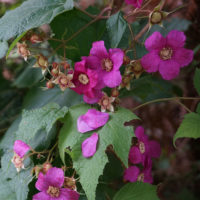
After removing disruptive introduced species, try planting these
by Wild Seed Project
Choose plants based on the growing conditions of the site (sun exposure, soil type and moisture). The best time for planting in spring is between late April and the 3rd […]
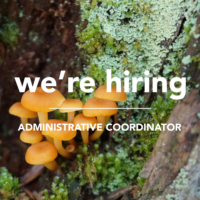
Join Our Team!
by Wild Seed Project
Administrative Coordinator (part-time) Our organization is growing rapidly, and we’re looking for someone extremely organized who can support our team with the day-to-day administration of our small and busy office. […]

Landscaping in partnership with native ecosystems is good for the planet. It’s good for us too.
by Lillian Harris
Traditional landscaping is a process of carving out comfortable, orderly spaces where we can rest, play and express ourselves artistically, and even spiritually, through thoughtfully designed and maintained lawns and […]
Building Biodiverse & Climate-Resilient Habitats
by Wild Seed Project
Building biodiverse and climate resilient habitats require a deliberate shift from human-centered, intensively managed landscapes to humans sharing their lands with the rest of nature. It is an intentional practice […]
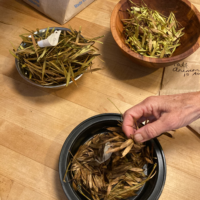
Supporting Ash Protection Collaboration Across Wabanakik
by Wild Seed Project
Ash Protection Collaboration Across Wabanakik (APCAW) is a group of Indigenous and non-indigenous researchers, Tribal members, and forest caretakers working together to bring more awareness of the cultural and ecological […]
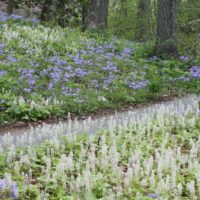
The Gardener’s Dilemma: Wild-type Plants or Nativars?
by Mark Richardson
The answer lies in genetic diversity. *This article was originally published in Wild Seed magazine Volume 3, pp. 14-17. A spring trip to a garden center to seek out new […]
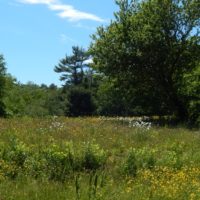
How to Make a Meadow
by Heather McCargo
Meadows are beautiful dynamic habitats with rich populations of plants and animals, and unfortunately, they have been reduced substantially in the last 50 years. Contributing to their decline is the […]
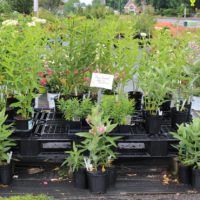
How to Find Native Plants
by Heather McCargo
Finding native plants to purchase can be challenging for native species enthusiasts. Small local growers of nursery stock have nearly disappeared, and today many nurseries purchase plants that have been […]
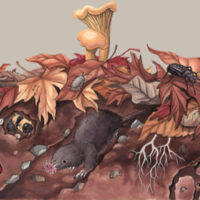
Leave the Leaves!
by Anna Fialkoff
Protecting Habitat through the Winter: Leave the Leaves! While planting native plants is an essential step toward creating habitat, how we tend our plantings determines whether we can sustain and […]
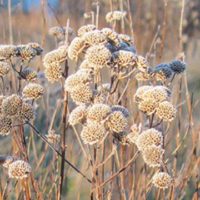
Spring “Cleanup” in the Meadow
by Gregg Raymond
We share our meadow with many living things, and we do our best to keep them happy. Each fall, we leave the dead stems and seedpods standing to provide winter […]

